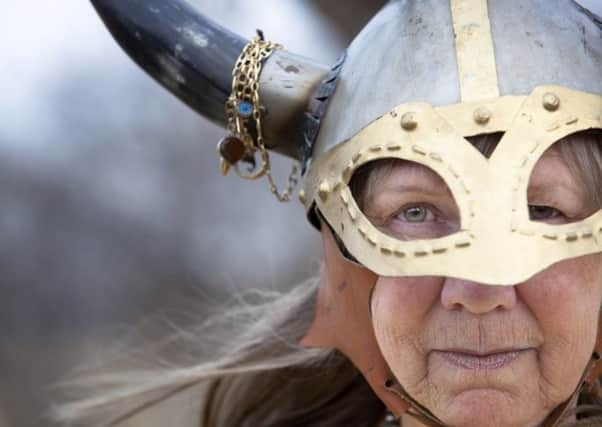Matt Qvortrup: Taxing issue of paying for equality


Tackling inequality has been a major issue in the referendum debate. But the effect of Scottish independence on social justice is divided.
“Scotland is a wealthy country, but the reality is that the Westminster system has utterly failed to address the deep social inequalities which exist in Scottish society – indeed under successive Westminster governments those inequalities have been allowed to widen,” says deputy first minister Nicola Sturgeon. She believes that independence will reduce the gap between rich and poor.
Advertisement
Hide AdAdvertisement
Hide AdHer view is countered by former Labour Prime Minister Gordon Brown. In his book My Scotland – Our Britain Brown wrote: “Inequality could be higher than in England if Scotland were to go independent.”
Three is a lot of politics in these statements, and a fair bit of positioning. Both views are responses to polling data, which suggests than many working-class voters are receptive to the rhetoric of the SNP administration. Attacking Yes Scotland from the left at a time when an estimated two out of five Labour voters would vote for independence makes political sense for Better Together.
Gordon Brown’s and Better Together’s argument is that allocating money to free university education (which benefits the middle-classes) means that less money will be spend on those in real need. This is a credible argument. However, the evidence from the Scandinavian states, which many in the Yes camp wish to copy, suggests that it is possible to ensure both redistribution and free tuition at the same time. In fact, the provision for free tuition provides the middle-classes with an incentive to support the welfare state, as Scottish academics Michael Keating and Malcolm Harvey have shown in the book Small Nations in a Big World, which was published in the spring.
The Scandinavian countries have been suggested as a model for what a Scotland would be like after a Yes vote. The levels of social welfare in the Scandinavian countries – Denmark, Norway and Sweden – are certainly more generous than here. Swedish pensioners get high state pension of just over £25000 per year. The Danes get about half of that, though this is compensated for by supplementary pensions to which everybody has to contribute. In Britain, the figure is a paltry £5500 a year. The net result is that Danes and Swedes on average get a state pension that is between four and five times that of an average Briton. It is difficult to put a precise figure on the net gain but some estimates published by the Government suggest that if the UK’s distribution of income resembled that of Denmark, 99 per cent of UK households would gain £2,700 per year.
There is no doubt that the higher pensions have reduced poverty among the elderly in Scandinavia. But equality has come at a price; higher taxes.
According to the accountancy firm KPMG the average tax rate for Danes is 55 percent and 57 percent in Sweden. Norway has a lower tax-rate of 47 percent due to its policy of saving the incomes of the North Sea oil.
Taxes would go up – considerably so – if Scotland were to go down the path of the Scandinavian welfare state after a Yes vote.
Advertisement
Hide AdAdvertisement
Hide AdUnemployment in the Scandinavian countries is comparatively low; 8 per cent for both Denmark and Sweden. This is mainly thanks to laws that effectively force unemployed individuals to either accept work or retraining. There are penalties for those who refuse to do so. Many of the welfare-to-work schemes currently proposed by Iain Duncan Smith and the Conservative-Liberal government at Westminster are inspired by legislation in Scandinavia. The Scandinavian welfare states are not always social-democratic.
The Scandinavian welfare states do not have a state-guaranteed minimum wage. However, agreements between the unions and the employers’ organisations mean that those who are members of a trade union are guaranteed an hourly wage.
Whether this system would work in Scotland is an open question. Roughly 70 per cent of Danes and Swedes are members of a trade union. The equivalent figure for Britain is approximately 25 percent. The strong unions in Scandinavia are integrated into the economic decision-making and have traditionally been able to negotiate substantial improvements in wage and working conditions. At the same time the unions have occasionally accepted pay cuts during recessions.
Assertions, speculations and claims have characterised the referendum campaign. There is nothing new or unique about that – it is always the case in referendums. Equality and how to deal with it is a political issue. Lower levels of inequality require higher levels of taxation. Whether Scots are willing to pay this price is a matter that can only be decided once they elect an independent parliament after the referendum.
• Matt Qvortrup is a constitutional lawyer and author of Referendums and Ethnic Conflict